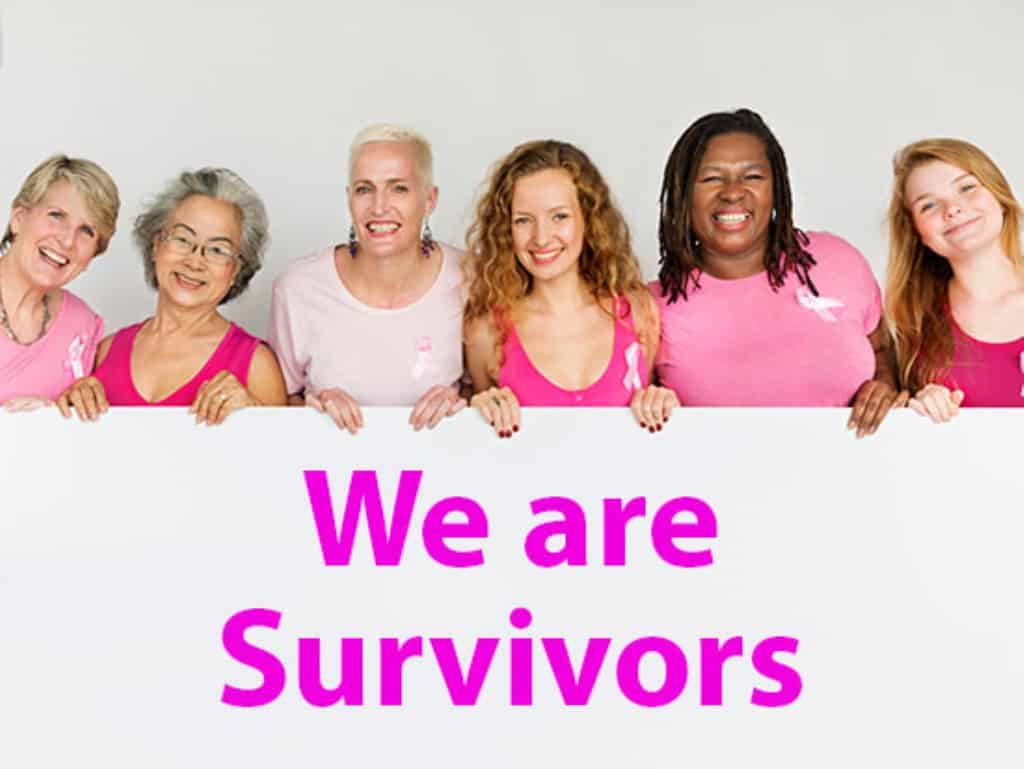One Of The Benefits Of Home Healthcare For Cancer Survivors Is An Improved Quality Of Life
Millions of Americans survive cancer. Many face challenges that seem insurmountable during or after treatment and often don’t know where to find help. In this article, Pegasus home care professionals in Pasadena and elsewhere describe the home care benefits for cancer survivors.
A cancer survivor is any living person that has been diagnosed with cancer. You or your loved one is a survivor, regardless of how long ago the diagnosis was made. It doesn’t matter what kind of cancer it is/was, the treatment received, or whether it’s become chronic.
A cancer diagnosis generates many questions for most individuals. The questions involve not only their diagnosis but also risk factors for other family members. For example, you or your loved one may want to know more about:
- Screening tests
- Causes of cancer
- Prevention
- Genetic factors
Keep in mind that cancer is not contagious. Family members can safely care for one another. In-home care professionals do not hesitate to assist cancer survivors.
Healthcare providers are increasingly transitioning to “patient-centered care.” Patient-centered care focuses on the individual’s emotional and psychological needs after diagnosis. It’s coordinated with traditional care, such as from hospitals, and home care.
Patient-centered care improves both the quality of healthcare for the patient and their quality of life. Patients usually do better when they can live at home where they feel comfortable and secure. Benefits of cancer patient-centered home care (CPCHC) include:
- Improved medication management
- Prompt treatment when needed
- Fewer trips to emergency rooms or hospitals
- Reduced time spent in hospitals or other facilities
- Emotional and spiritual support
Overall, individuals who are cared for in their homes feel less stressed about their health. They have greater independence, which gives them a sense of control. Being able to socialize with friends and family is another benefit that improves their well-being.
Family Caregivers Have A Lot Of Responsibility
Although a family caregiver is motivated by love, the role is not an easy one. Duties include emotional, medical, or physical support. Sometimes it’s a 24/7 job that leaves caregivers drained.
Many family caregivers don’t have the training they need for responsibilities that include:
- Monitoring and recording any changes in the loved one’s condition
- Carrying out medical instructions
- Knowing if/when changes need to be made based on a patient’s reactions
- Finding and accessing resources
- Communicating with healthcare professionals
- Wound care
- Managing equipment, such as oxygen supply or catheters
- Making and keeping the home environment safe for mobility equipment such as walkers
- Administering and managing medications
These responsibilities are added to meal planning and preparation, personal hygiene, managing finances, and shopping. Family caregivers often have other members in the household to care for. Many also have jobs.
Family Caregivers Need A Break
Family caregivers often don’t make time to care for themselves. They lose sleep, they gain or lose weight, they don’t exercise, they never relax. They burnout, which often impairs their own mental, emotional, or physical health.
In-home care from a professional provides a respite for family caregivers. The caregiver can take as much time as desired to recharge. In-home services are available 24/7 for as long as needed.
Assistance can be short-term or long-term. It can range from companionship to help with personal hygiene to skilled nursing. Professional caregivers are also trained in end-of-life care.
Pegasus home health caregivers include:
- Nurses aides
- Occupational therapists
- Physical therapists
- Registered nurses
- Social workers
- Speech therapists
- Vocational nurses
When individuals receive personalized assistance in the comfort of their home, they benefit from the one-on-one care. Another benefit is having an expert’s undivided attention.
Cancer Survivors And COVID-19
Individuals with a recent cancer diagnosis may have a weakened immune system. That leaves them vulnerable to infection. Everyone, including cancer survivors, needs to protect themselves from exposure to COVID-19 (coronavirus).
Even those who are survivors of years-old cancer treatment may have a higher risk of infection. Medical science doesn’t yet have definitive answers about how COVID-19 affects cancer survivors. However, there is preliminary evidence that complications may be worse in cancer survivors who become infected.
Experts believe that cancer treatment itself doesn’t increase an individual’s COVID-19 risk, and they recommend continuing treatment. Survivors who are receiving periodic tests or evaluations may postpone visits after consulting with their oncologist. Patients in the process of diagnostic testing should consult with their oncologist about eliminating or postponing specific procedures.
In-home healthcare reduces an individual’s exposure to infection, including the coronavirus. Home care specialists are trained in preventing infection. They receive additional training and take enhanced precautions during a pandemic.
Staying home significantly reduces exposure to infection, especially during a pandemic. Home care services are comprehensive. In fact, it’s now possible to receive cancer treatment at home.
Pegasus is a licensed Home Care Organization and a Joint Commission Accredited Home Health Care organization. Our team of home care specialists in Pasadena and our other locations are dedicated to your well-being. We provide the level of assistance required for you and your loved ones to live independently and safely at home.

